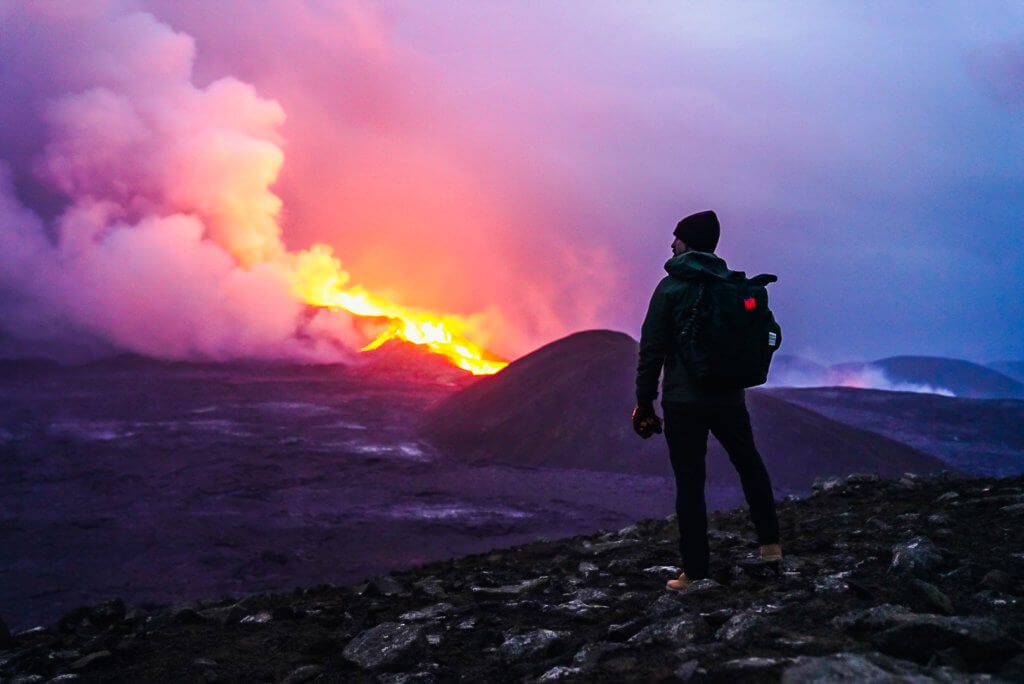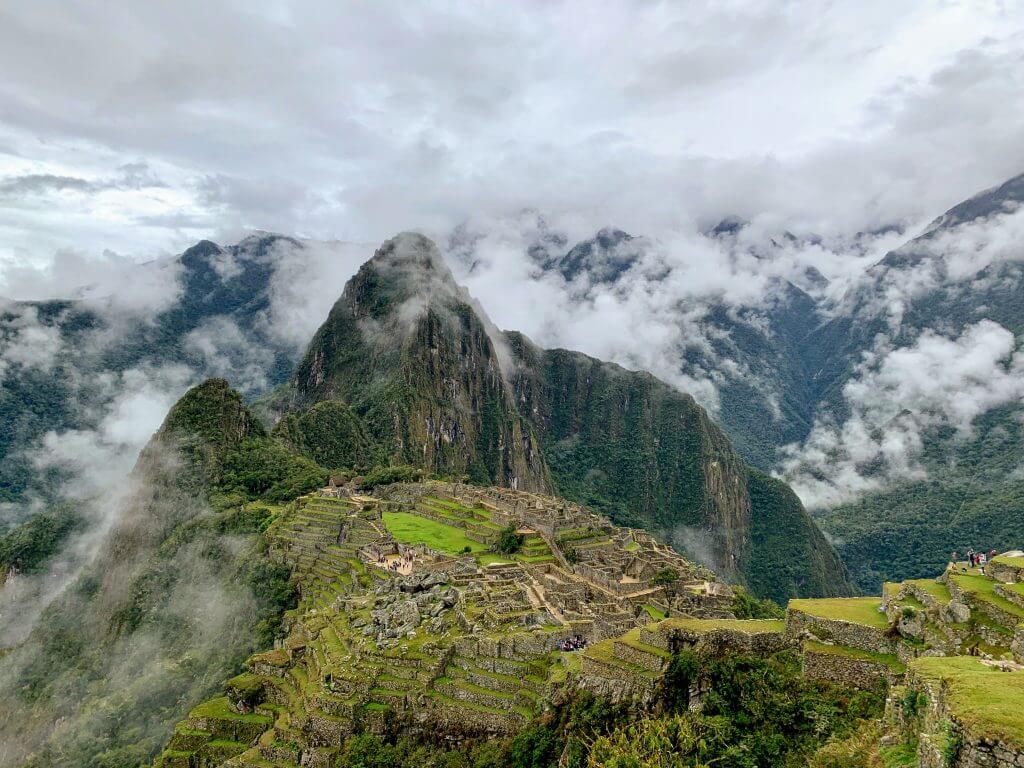
Land Of Fire And Ice
Volcanoes, glaciers, fjords, lakes, and beaches. Iceland is a very small country with a whole lot to offer. Come to experience the northern lights or the midnight sun. After exploring the city of Reykjavik, drive the ring road to hike a glacier, explore an ice cave or even descend into an inactive volcano. You can scuba dive between two continents or go whale watching on a luxury cruise. With a fascinating cultural history and jaw-dropping landscapes, a trip to Iceland should be near the top of everyone’s bucket list.

Things To Know
- Highlights – Explore Reykjavik, Gullfoss Falls, Blue Lagoon, Nothern Lights, Whale Watching, The Golden Circle
- Language – Icelandic
- Currency – Icelandic Krona (ISK)
- Power Outlets – Iceland uses power plug and socket types C & F. The standard voltage is 230 V, with a standard frequency of 50 Hz. I always travel with a universal adapter to ensure I can keep all my devices and batteries fully charged.
- Safety – Iceland is one of the safest countries in the world to visit.
- Water Safety – The tap water in Iceland is safe to drink and is some of the cleanest on Earth. I travel with a LARQ purifying water bottle just to be safe.
- Transportation – There is no Uber in Iceland, but taxis and public bus are available in Reykjavik. Most towns and even Reykjavik are small and walkable. Renting a car is a great option here.

Best Time To Visit
The summer months of June, July, and August are typically the best months to visit Iceland. With remarkably long days, the summer is great for exploring Reykjavik, touring the Golden Circle, hiking, whale watching, and experiencing the midnight sun. I visited Iceland in early September and enjoyed some of the best weather the country had seen all year. However, do be aware that poor weather can occur at any time of year in Iceland.
If you are traveling to Iceland to experience the Northern Lights, then October through March is the best time to go. There is almost no light pollution, making cloudy or moonless nights especially dark. The days of peak winter in Iceland (December & January) see extremely low temperatures and very little sunlight.
